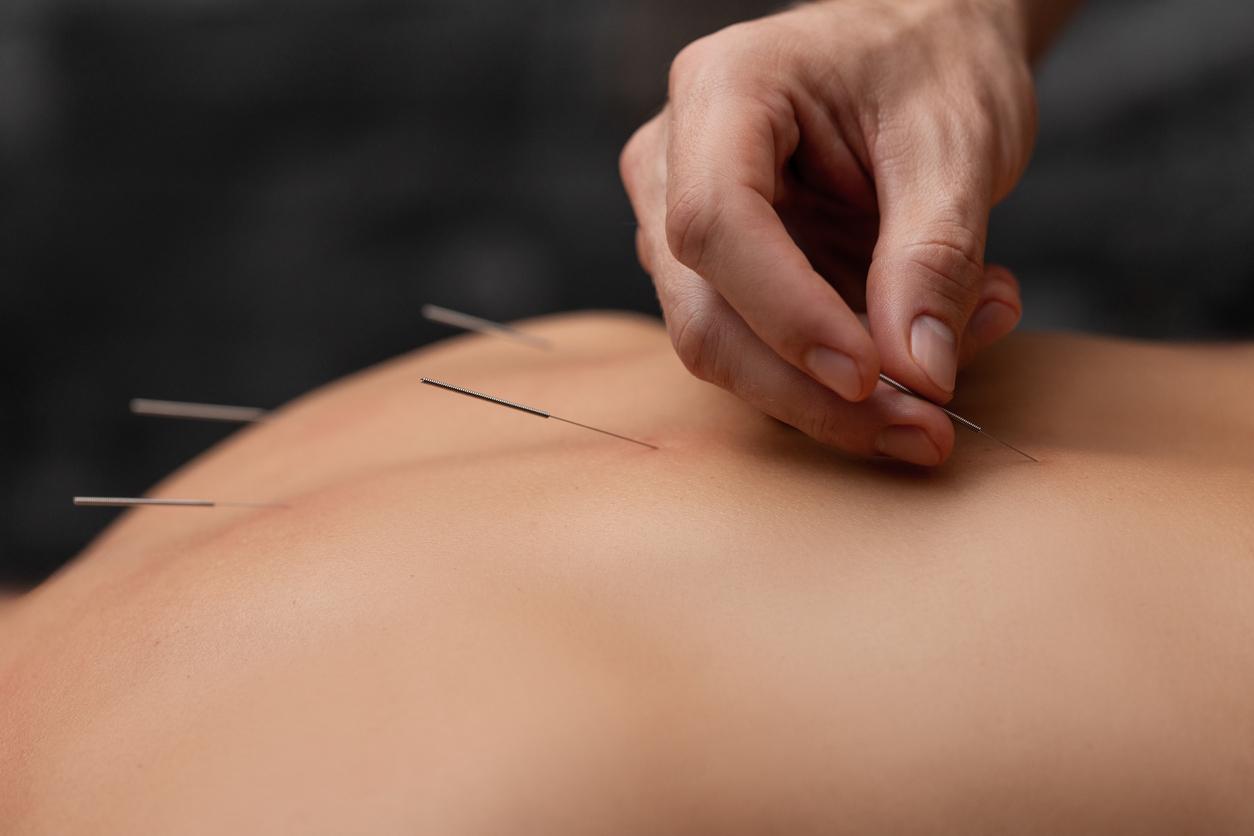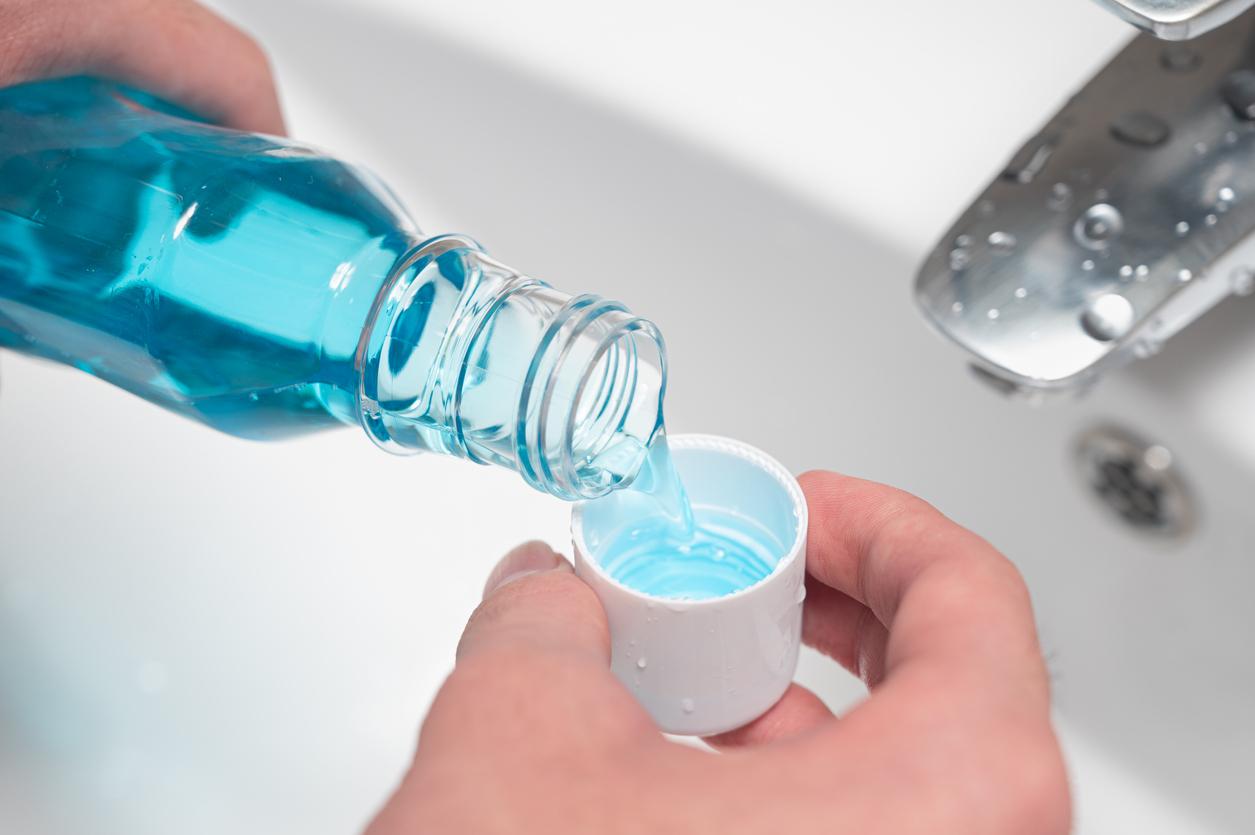Swedish researchers have developed a gel, inspired by cow saliva, to limit the side effects of herniated disc surgery.

- Herniated disc surgery can cause severe pain, due to immune system reactions.
- Researchers have taken inspiration from cow drool to develop a material to reduce this pain.
- Applied to the surgical area, it serves as a protective barrier to block immune system reactions.
A herniated disc is particularly painful. It corresponds to the deterioration of one of the discs of the spinal column: the compression of one of the nerve roots is then responsible for the symptoms. To relieve it, it is sometimes necessary to operate. The surgeon then removes the herniated discs to relieve the nerves of the spinal column. But there is a risk of side effects, because the immune system can attack the tissue around the disc. Scientists from the Swedish University of Uppsala have found a solution to prevent this pain: they have created a gel, to be applied to the area, inspired by cow saliva. Their work was published in Advanced Science.
Herniated disc: a hydrogel to limit post-operative reactions
“Currently, most research focuses on regenerating damaged discs rather than preventing further damage,” the authors specify in a press release. Post-operative treatment is based on taking anti-inflammatory drugs or steroid injections, but nothing can prevent reactions from the immune system.
They were inspired by cow drool to develop a hydrogel: this synthetic material is capable of preventing the activation of immune cells in an infected area.Applied to the surgical site, this gel prevents further disc damage by preventing immune cells from attacking the nucleus pulposus of the intervertebral discs, thanks to its immunosuppressive properties.”the authors explain. The gel creates a protective barrier around the discs, which helps limit inflammatory reactions. In their trial, it was more effective than treatments sometimes used, such as alginate gels.

An innovative and simple technique to reduce the side effects of herniated disc surgery
“This new approach offers hope to people suffering from back pain caused by a herniated disc and could prevent further damage after the herniated discs are removed, potentially improving patients’ quality of life.”says Hongji Yan, a researcher at the Department of Medical Cell Biology at Uppsala University and author of the study. He says the technique has a major advantage: it is simple to implement. All that is required is to inject the gel into the surgical area. This method could “improve patient outcomes, reduce the risk of long-term complications, and increase the overall success rate of disc surgery“, hopes the Swedish researcher.

















